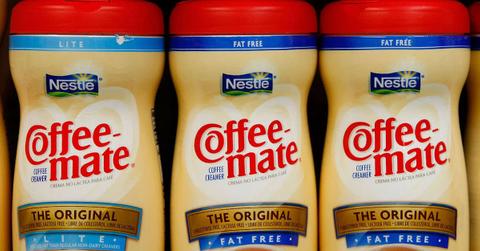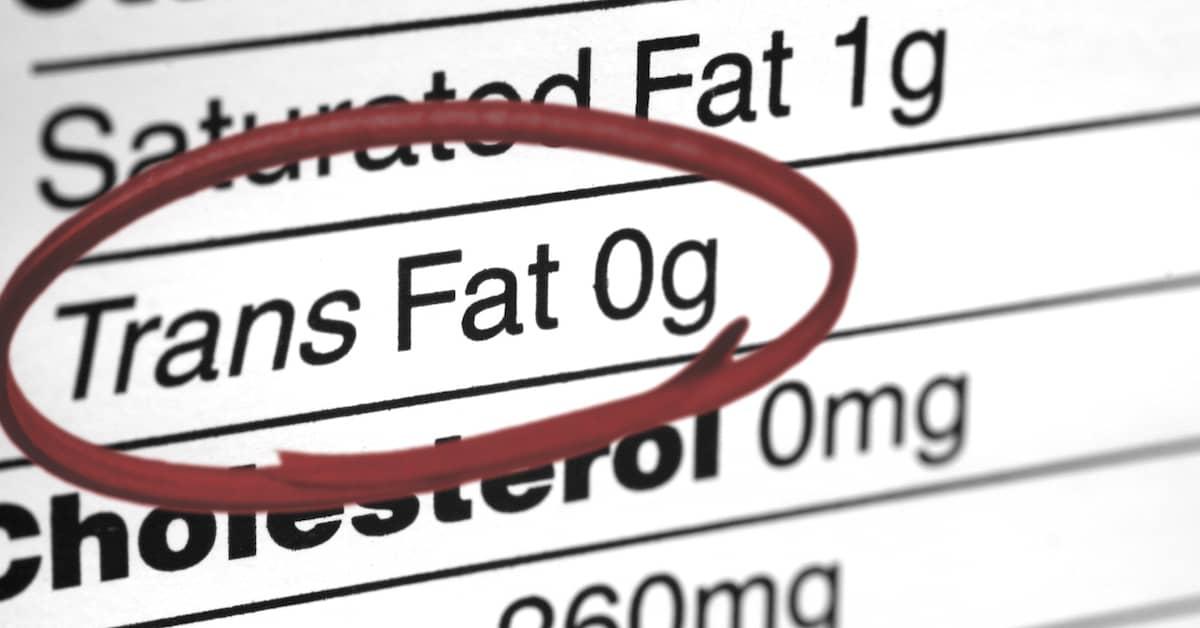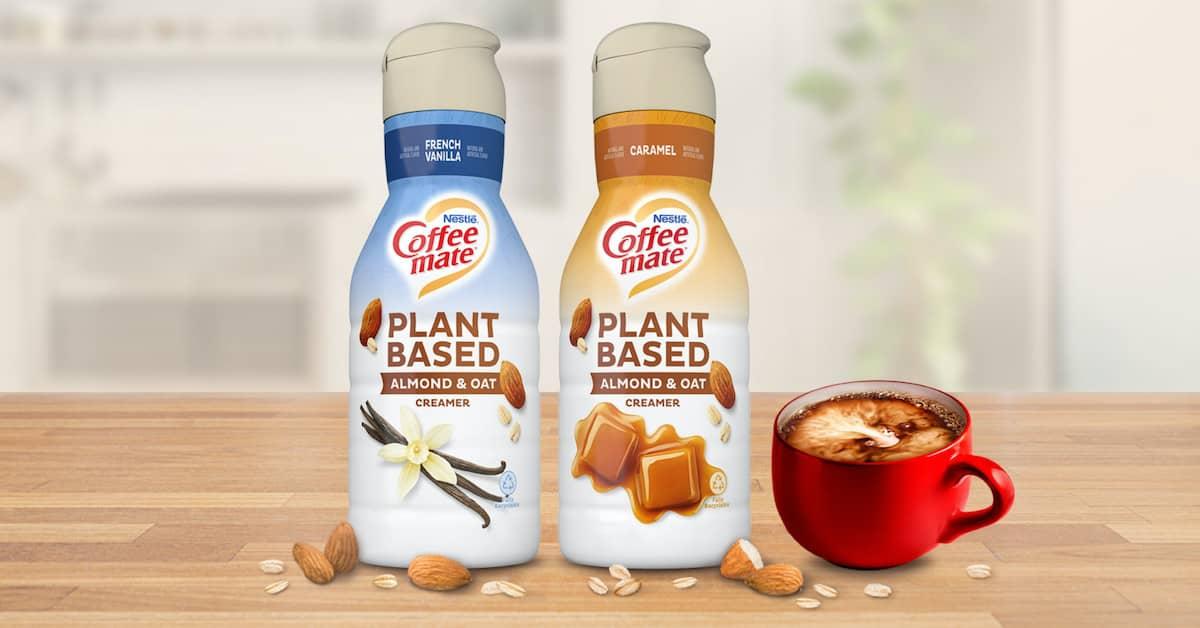A Trans Fat Scandal Led Multiple Countries to Ban Coffee Mate — but Is It Really That Bad for You?
Updated Dec. 15 2023, 3:56 p.m. ET

The Gist:
- Coffee mate faced a class action lawsuit for allegedly containing trans fats.
- The well-known coffee creamer has also been banned in some European countries.
- Vegans aren’t that impressed with Coffee mate, either.
Coffee mate, the ubiquitous coffee companion, sits proudly in countless pantries and office kitchens, its creamy swirls promising a touch of sweetness and luxury to our morning cuppa joe.
But beneath the seemingly innocent facade, whispers of hidden dangers and health concerns have begun to, erm, brew. Is Coffee mate the villain it's touted to be? Let's dive into its frothy depths and see if we can separate fact from latte art. (OK, I'll stop with the coffee puns now.)

Is Coffee mate bad for you?
Overall, Coffee mate cannot be classified as good for you. Looking at the ingredient label, Coffee mate's three main ingredients are corn syrup solids, hydrogenated vegetable oil, and sodium caseinate (a milk derivative).
Plus, the product contains a small amount of the controversial trans fat.
Trans fat once landed Coffee mate in legal hot water.
In 2018, Coffee mate faced a class action lawsuit alleging that its products contained unhealthy trans fats even though the product label stated otherwise. It turns out the company had discovered a loophole.
Manufacturers in the U.S. can legally say a product is trans fat-free if the serving size of a product contains 0.5 grams or less of it. Since Coffee mate's recommended serving size is 1 tablespoon, the brand was able to get away with its zero “dodgy fats” claims.
But not for long. In 2020, the court rejected Nestlé's attempt to dismiss the class action lawsuit against Coffee mate. (This isn’t the first time Nestlé has found itself in hot water for its questionable marketing tactics, either.)
Unhealthy fats are just one piece of the puzzle, though. Coffee mate's nutritional profile paints a less-than-ideal picture. With iffy artificial additives and minimal fiber, protein, or essential vitamins and minerals, it offers little nutritional value.
Plus, there’s also the added issue of weight gain and increased risk of obesity from excessive consumption of the fats and sugar that make Coffee mate so tasty. In other words, it’s less than optimal for those seeking a well-rounded morning boost.

Why is Coffee mate banned in some countries?
The concerns about trans fats weren't just a legal rumble. Coffee mate faced another issue in some European countries: an outright ban.
This strict measure is primarily due to its use of partially hydrogenated oils. These oils, while creating a smooth and shelf-stable product, contain trans fats, which have been linked to various health problems such as heart disease, cancer, Alzheimer's disease, and Type 2 diabetes.
Europe takes a stricter stance on food safety than the U.S., and in 2013, the European Union set a limit of 2 grams of trans fat per 100 grams of fat in food products. Since Coffee mate typically exceeds this limit, it got the ax in countries like Denmark, Iceland, Norway, and Switzerland.
Vegans aren’t too happy with Coffee mate, either.
Additionally, despite Coffee mate's claims that it is non-dairy, the presence of milk-derived proteins (sodium caseinate) makes most Coffee mate products a no-go for those following a vegan lifestyle, highlighting a lack of transparency that can be frustrating for health-conscious consumers.
Coffee mate sought to rectify this with the launch of two vegan-friendly options in late 2022. While Nestlé had already released its Natural Bliss non-dairy products in the U.S., this marked the first time the brand offered plant-based creamers under the Coffee mate label.
Is there a healthier alternative to Coffee mate?
It’s easy to point fingers at Coffee mate, but let’s face it: most coffee creamers contain a long list of questionable ingredients. Thankfully, a plethora of healthier options now exist, including unsweetened oat, coconut, or almond milk varieties, often fortified with essential nutrients.
These alternatives offer a delicious and nutritious way to customize your caffeine fix without compromising your well-being or vegan sensibilities. (Provided, of course, that you enjoy them in moderation.)
Exploring eco-friendly plant milks and considering natural sweeteners like maple syrup in lieu of sugar can provide a more balanced and nutritious way to level up your black coffee. Ultimately, the choice is yours, but remember, knowledge is the key ingredient to making informed decisions about what you put into your body.
